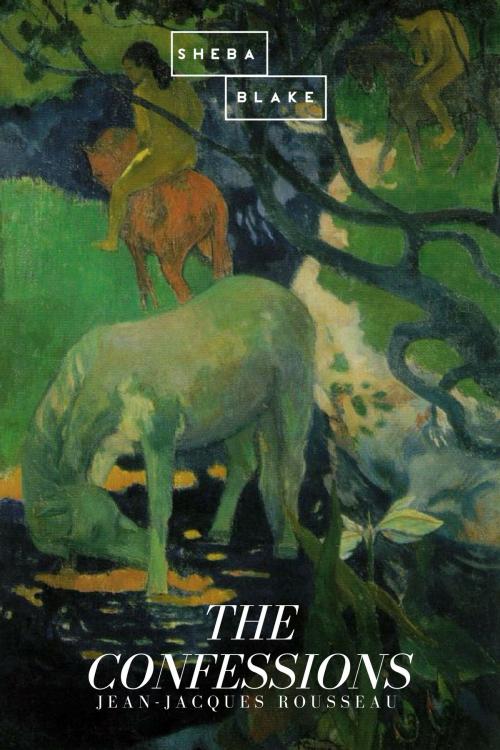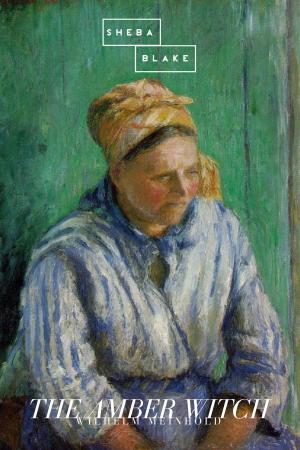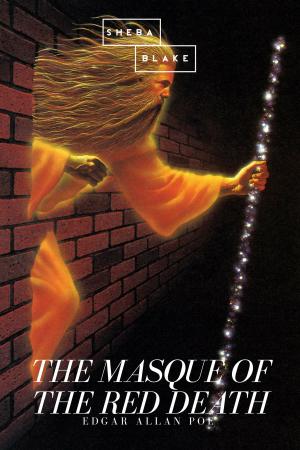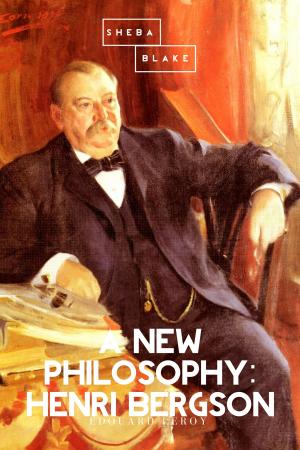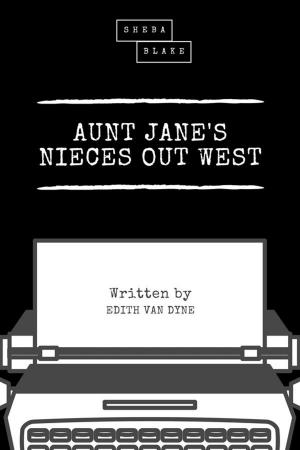| Author: | Jean-Jacques Rousseau | ISBN: | 9783961897087 |
| Publisher: | Sheba Blake Publishing | Publication: | May 8, 2017 |
| Imprint: | Language: | English |
| Author: | Jean-Jacques Rousseau |
| ISBN: | 9783961897087 |
| Publisher: | Sheba Blake Publishing |
| Publication: | May 8, 2017 |
| Imprint: | |
| Language: | English |
The Confessions is an autobiographical book by Jean-Jacques Rousseau. In modern times, it is often published with the title The Confessions of Jean-Jacques Rousseau in order to distinguish it from Saint Augustine's Confessions. Covering the first fifty-three years of Rousseau's life, up to 1765, it was completed in 1769, but not published until 1782, four years after Rousseau's death, even though Rousseau did read excerpts of his manuscript publicly at various salons and other meeting places. The Confessions was two distinct works, each part consisting of six books. Books I to VI were written between 1765 and 1767 and published in 1782, while books VII to XII were written in 1769–1770 and published in 1789. Rousseau alludes to a planned third part, but this was never completed. Though the book contains factual inaccuracies—in particular, Rousseau's dates are frequently off, some events are out of order, and others are misrepresented, incomplete, or incorrect—Rousseau provides an account of the experiences that shaped his personality and ideas. For instance, some parts of his own education are clearly present in his account of ideal education, Emile, or On Education. Rousseau's work is notable as one of the first major autobiographies. Prior to the Confessions, the two great autobiographies were Augustine's own Confessions and Saint Teresa's Life of Herself. However, both of these works focused on the religious experiences of their authors; the Confessions was one of the first autobiographies in which an individual wrote of his own life mainly in terms of his worldly experiences and personal feelings. Rousseau recognized the unique nature of his work; it opens with the famous words: "I have resolved on an enterprise which has no precedent and which, once complete, will have no imitator. My purpose is to display to my kind a portrait in every way true to nature, and the man I shall portray will be myself."
The Confessions is an autobiographical book by Jean-Jacques Rousseau. In modern times, it is often published with the title The Confessions of Jean-Jacques Rousseau in order to distinguish it from Saint Augustine's Confessions. Covering the first fifty-three years of Rousseau's life, up to 1765, it was completed in 1769, but not published until 1782, four years after Rousseau's death, even though Rousseau did read excerpts of his manuscript publicly at various salons and other meeting places. The Confessions was two distinct works, each part consisting of six books. Books I to VI were written between 1765 and 1767 and published in 1782, while books VII to XII were written in 1769–1770 and published in 1789. Rousseau alludes to a planned third part, but this was never completed. Though the book contains factual inaccuracies—in particular, Rousseau's dates are frequently off, some events are out of order, and others are misrepresented, incomplete, or incorrect—Rousseau provides an account of the experiences that shaped his personality and ideas. For instance, some parts of his own education are clearly present in his account of ideal education, Emile, or On Education. Rousseau's work is notable as one of the first major autobiographies. Prior to the Confessions, the two great autobiographies were Augustine's own Confessions and Saint Teresa's Life of Herself. However, both of these works focused on the religious experiences of their authors; the Confessions was one of the first autobiographies in which an individual wrote of his own life mainly in terms of his worldly experiences and personal feelings. Rousseau recognized the unique nature of his work; it opens with the famous words: "I have resolved on an enterprise which has no precedent and which, once complete, will have no imitator. My purpose is to display to my kind a portrait in every way true to nature, and the man I shall portray will be myself."
